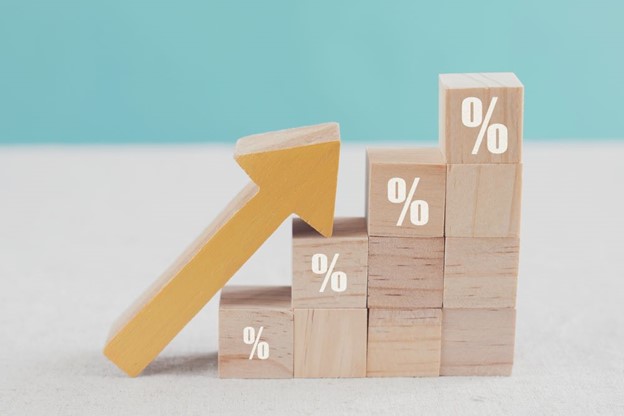
Debt Types: What Are They?
January 15, 2022
Inflation and Credit Scores – Does it Matter?
January 17, 2022The mechanism by which credit cards work is not well understood, despite the fact that they are one of the most common methods of making transactions. Because of that, credit cardholders can make bad financial decisions that lead to being stuck in tricky financial situations. Overdrafts are a financial problem that many people may not be aware of but can arise.
Learn more about overdrafts and how to maintain a good credit score.
WHAT ARE OVERDRAFTS?
An overdraft is when a bank allows its customers to borrow a certain amount of money. In this situation, your bank allows you to withdraw money from your account even if there is not enough money in your account to pay for the transaction. If you spend $800 but have only $500 in your bank account, you have an overdraft. In order to make the payment, you will write a check for $800 to the retailer. However, you fall $300 short of the required amount. In this case, your bank can let the check bounce and inform the retailer of your insufficient funds. If the bank processes the check and allows you to make the purchase, you will have an overdraft of $300. In other words, an overdraft is when your account balance is negative. Overdrafts are usually returned with an interest fee designated by the bank. If overdrafts aren’t handled correctly and responsibly, these costs can spiral out of control.
OVERDRAFTS AND CREDIT SCORES
Overdrafts can damage your bank account, but does an overdraft hurt your credit score? The simple answer is that it depends on how you handle an overdraft. A small overdraft won’t have a major impact on your credit score as long as you don’t exceed your overdraft limits or have your payments refused. In fact, overdrafts can even positively affect your credit rating if you pay them on time. In addition, they can help you when it comes to borrowing money, as a timely paid overdraft proves that you’re a responsible borrower. However, if you regularly go over your overdraft limit, it can seriously damage your credit rating and make it difficult for you to borrow money. Low credit scores can show lenders that you’re a risky borrower.
CREDIT REPORTS AND CHECKING ACCOUNTS
Your credit report does not contain information about your bank account. Therefore, your bank account status cannot affect your credit score. Lenders, however, check your assets and savings to ensure you have the capacity to take on more debt. To determine your open and closed credit accounts and loans, lenders also look at your payment history details, credit scores and credit report.
OVERDRAFT PROTECTION
A bank’s overdraft protection service protects their customers from financial embarrassment due to insufficient funds. Essentially, you link your checking account to your savings account, another checking account, or a line of credit. If your primary checking account does not meet your needs, you can tap your secondary account for funds.
The banks can, however, charge a fee for overdraft protection. It is best to contact your bank to learn about overdraft protection.
HOW TO HELP MAINTAIN A GOOD CREDIT SCORE
You can help maintain a good credit score by following the advice given below:
- Monitor your credit and limit your spending
- Before taking out any new loan, make sure you’re eligible
- Take only one loan at a time.
Is your personal information on the dark web? Make sure your identity isn’t at risk!


